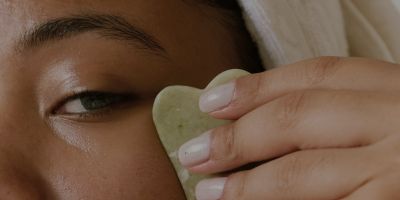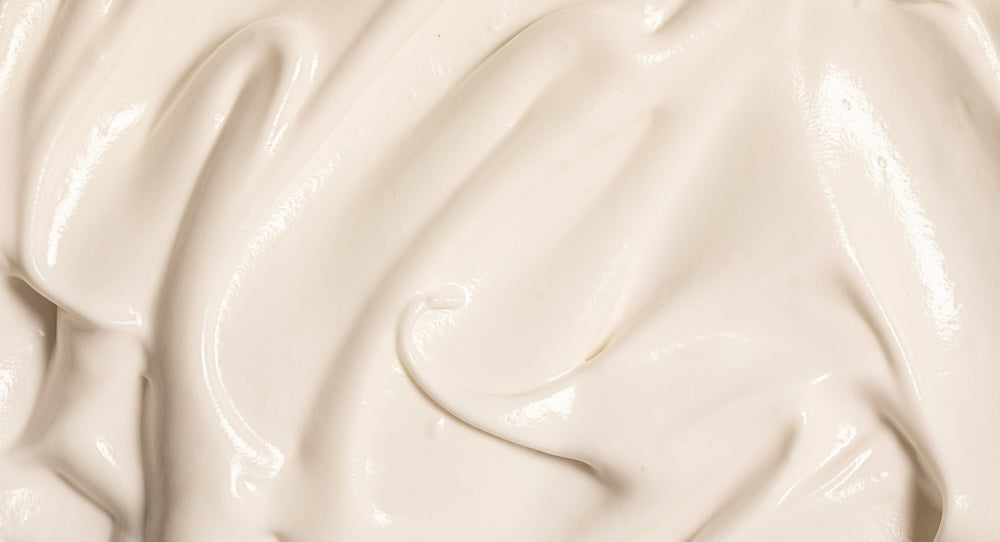Let's face it – "natural" beauty and sustainability are all the rage, but that's left many of us confused about what we should be buying and whether brands exploit this trend. Let’s take a deeper look at the deceptive practice known as ‘greenwashing’ and how you can stop falling victim to it.
What is “Greenwashing”?
Greenwashing is a marketing tactic used by a company to mislead consumers about the environmental benefit of their practices or products. It can take many forms – from ingredient claims and loose terms like “eco-friendly” to claims about packaging or giving off the impression a brand has ethical manufacturing processes (when it may actually have several issues within its supply chain).
The problem is “green” claims aren’t regulated in the UK and many other countries. Did you know brands can call a product “organic” event if it has only 1% organic ingredients? And marketing is rife with empty, unregulated terms like “sustainable”, “greener” and natural”.
To put into perspective how big of an issue greenwashing is – in 2021 the European Commission and National Consumer authorities screened websites for greenwashing claims and discovered more than 50% of businesses couldn’t adequately substantiate their green claims![1]
The Good, the Bad and the Ugly
A good green claim is supported by evidence. Brands using genuinely sustainable practices are more likely to provide detailed information about their efforts, like certifications, case studies, and explanations about why they believe their products and practices are truly what they claim to be. For example, a brand with a COSMOS Organic certification means its product has at least 95% organic ingredients and is cruelty and GM free.
A bad green claim is vague. Look out for broad claims like “our packaging is now more eco-friendly than ever before!” What actually makes it more eco-friendly? Is it lower carbon than a competitor or have they reduced the packaging weight? Unless the brand makes this crystal clear, we’d treat it with caution.
But laws around greenwashing are in development. In the UK, Regulatory bodies such as the Advertising Standards Authority (ASA) and the Competition and Markets Authority (CMA) play crucial roles in calling out greenwashing. Both bodies have made public lists of businesses that have come under scrutiny and why.
Typical Traps
Want to know how to confidently identify genuine sustainability claims? Verifiability. Any claim being made by a brand must be evidenced and if you want to see evidence from a brand, drop them a note on socials or send them an email. Good evidence may include certifications from a recognised industry organisation (like the Soil Association or Cruelty Free International), or a report carried out by an independent third party backing up claims around things like carbon footprint or a product’s life cycle.
A key greenwash claim is ‘recyclable’. Some packaging types are easy to recycle. But in reality, a huge amount of packaging is not easy to recycle and needs to be collected in a specialist recycling scheme … which means you can’t pop it in your household recycling bin! Pay close attention to labelling on plastic pouches, industrially compostable material and multi-material packaging – these types of packaging usually need specialist technology to recycle.
You’ve probably come across the claim ‘carbon neutral’. What many consumers don’t realise is that many claims of neutrality are based on offsetting which is a practice where businesses can buy credits that represent activities to reduce carbon. So a brand can do things like plant trees to mitigate the environmental impact their product still has.

Your Anti-Greenwashing Checklist
- Research and Verify – Look for concrete evidence of a brand's sustainability claim and if you can’t find information, get in touch with the brand to ask for it.
- Check Certifications – Look for recognised certifications (like COSMOS, Soil Association or FSC). The high standard required to get these certifications shows a brand's genuine commitment to sustainability.
- Transparent Communication - Trustworthy brands are open about their sustainability practices. Look for clear communication on supply chain, sourcing, and environmental impact to make informed decisions.
By Tracy Sutton and Hannah Worthington from Root. Root is a sustainable packaging consultancy for brands which advises on packaging and sustainability strategies, provides regulatory services, impact analysis and more.









